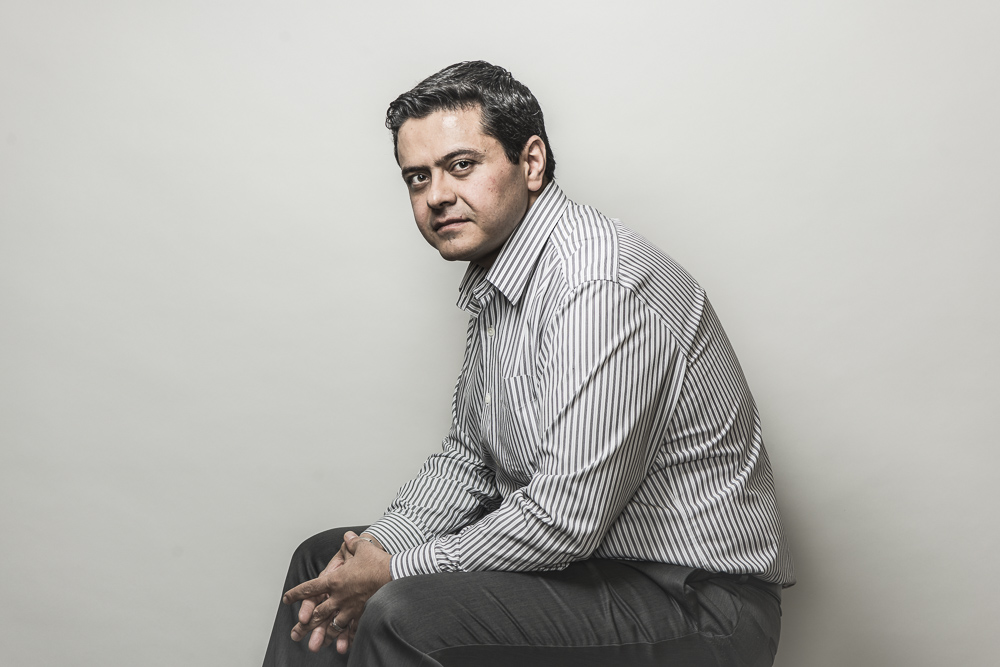Professor Pouya Rezai awarded 175K for environmental contamination research

Associate Professor Pouya Rezai from the Department of Mechanical Engineering and Director of Advanced Center for Microfluidics Technology and Engineering (ACμTE) has been awarded two research grants totalling $175K to help support his environmental contamination monitoring research efforts.
The Ontario Ministry of Agriculture, Food and Rural Affairs (OMAFRA) grant began this month in collaboration with the University of Guelph, Canadian food Inspection Agency (CFIA), Precision Biomonitoring Inc., EDG Public Health, Diatom Consulting, Entomo Farms, and Fulton Food Safety Inc. The National Sciences and Engineering Research Council of Canada (NSERC) grant commences February 2019 in collaboration with Precision Biomonitoring Inc. located in Guelph, Ontario.
The grants will go toward funding multiple graduates and undergraduate students at Lassonde School of Engineering to undertake the proposed research as well as support the direct and indirect cost of research at Rezai’s lab.
“The ideal outcome [of this research] is to develop a prototype technology for on-site food and water testing capable of purifying, sorting and detecting bacteria and DNA molecule signatures that are dispersed at very low concentrations in complex fluids,” said Professor Rezai.
This technology would provide a point of care detection tool for food and water inspectors and quality assurance staff to perform environmental sampling and sanitation effectiveness assessment, then initiate corrective actions, enabling the development of control measures (e.g. operator training) to prevent and/or reduce risks and minimize remediation and processing costs for producers.
Instead of time-consuming culturing by 3rd-parties or indirect/nonspecific testing, users gain access to a lower-cost, easy-to-use, rapid and sensitive investigative technology to detect indicator bacteria and DNA signatures on-site.
Over the next five years, Rezai and his team plan to establish and expand partnerships with biotechnology and environmental inspection industry and organizations to develop this technology and introduce it to the market.
“Ultimately, we hope this technology can save lives and reduce the impact of environmental contamination on our society.”